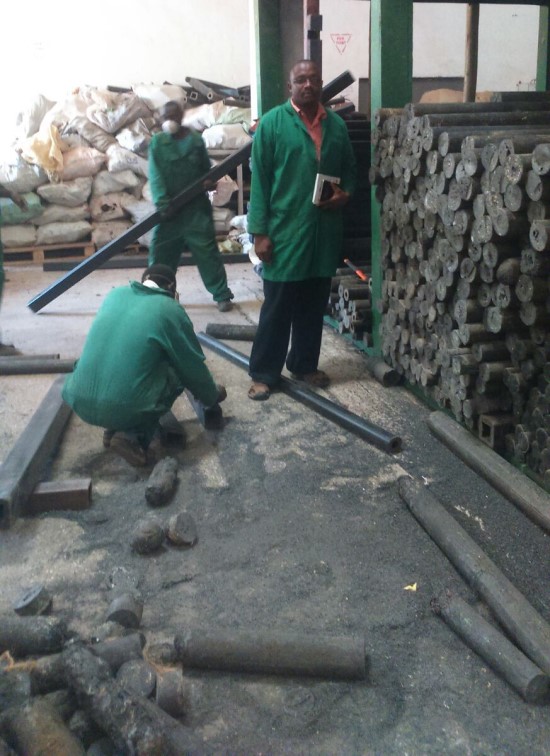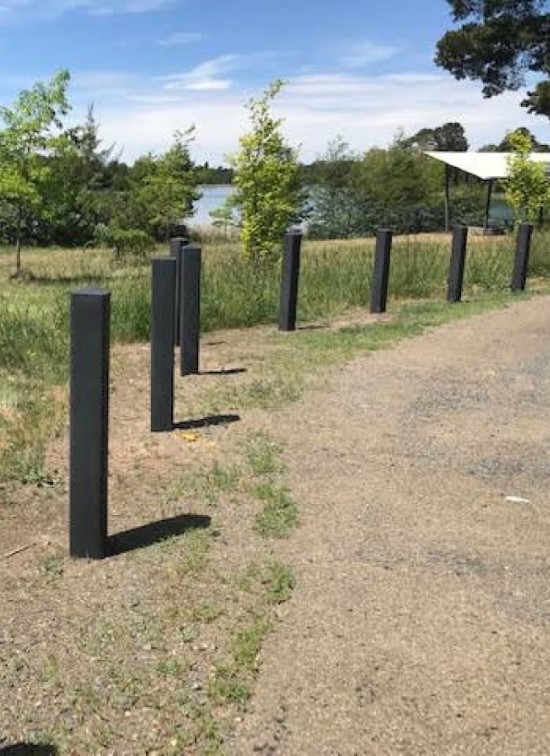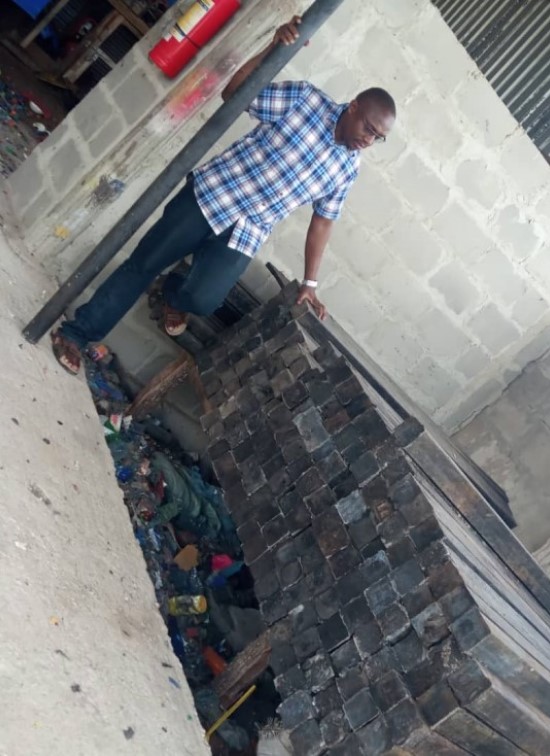Actively fighting and preventing deforestation and ocean pollution in Tanzania
According to Christian Mwijage, founder and CEO of the Dar-es-salaam-based start-up EcoAct Tanzania, about 4,800 tons of wastes are generated in the country every day of which 38% is plastic waste that ends up in landfills and oceans.Also, deforestation is a big problem in many African nations. Current estimations highlight that some 420 million hectares of forest have been lost through conversion to other land uses since 1990 worldwide.
In Tanzania alone, the annual loss is immense as well, even though approximately 38 per cent of Tanzania's land area is set aside in protected areas for conservation. According to Christian, Tanzania’s growing demand for timber in building, construction and furniture put much pressure on the country’s forests, especially around Mount Kilimanjaro. In need of a solution and in order to prevent irreparable environmental damage, Christian and his team created EcoAct Tanzania in 2017, and set out to find a solution to produce an alternative product to timber that was strong, longer lasting, cheaper and environmentally sustainable in order to help save the local forests and prevent vast amounts of plastic waste and packaging materials ending up on the Tanzanian coastline and, eventually, in the oceans.
Providing affordable alternative building materials to wood
EcoAct Tanzania’s solution to these pressing problems developed to be an energy conserving plastic extrusion technology to recycle and transform post-consumer plastic garbage and packaging materials into insect-proof and long lasting plastic timbers. The start-up’s method uses natural profiled waxy inversion, called “Waxy II technology”, in the plastic extrusion process. This helps plastic materials of different polymers reach their melting point quickly and retain their original stability and strength, while lowering both, energy consumption and production cost. It thus enables the production of plastic timber that actually costs 32% less compared to wood timber. The technology can be used to convert more than 12 different types of plastics and packaging materials into plastic timber that is estimated to last more than 60 years without replacement regardless of whether used in sunny areas, marine or in water applications. Its application fields range from building and construction to furniture production. “Unlike timber, plastic lumber does not rot or absorb water and is highly resistant to insect damage, humidity and shock. And it also eliminates the need to treat the otherwise generally used wooden building lumber with oftentimes toxic chemicals to impart the same qualities that EcoAct Tanzania’s plastic lumbers naturally has,” Christian Mwijage explains.
Providing insurance and health care services to the otherwise uninsured
During the past 12 months alone, EcoAct Tanzania reports to have collected over 14.5 mio. kg of plastic garbage and to have saved an estimated 850 acres of forest that now can keep absorbing 9,500,000 kg of CO2 emissions per year via natural “carbon sequestration.” And if this wasn’t impressive enough, EcoAct also developed a unique garbage collection model by launching, “Garbage Medical Insurance” which is a micro health insurance program using garbage as a financial resource. With this program, the local community, including uninsured slum dwellers, is able to pay for health cover, drugs and other clinical services by using plastic garbage as payment to an insurance scheme. Thus, the community not only benefits from access to medical treatment and access to the public health program, with special regard to promotive, preventive, curative and rehabilitative wellbeing for slum children below 5 years and expectant women. It also offers the local community an incentive to start an organized waste management and waste entrepreneurship system from household level on, so as to benefit from continual health insurance.
Next up at EcoAct Tanzania
EcoAct Tanzania’s business model involves the design, manufacture and direct sales of plastic timbers to a broad client base, amongst which real estate developers, advertising agencies, domestic home developers, telecommunication infrastructure contractors, road contractors, wildlife conservation agencies, farmers, and the Tanzanian government so far. The start-up is currently looking for investors to further expand their business, as other African nations, from neighboring states, and an Asian nation have already signaled interest in their solution and approached EcoAct Tanzania for their products.
With their holistic approach, EcoAct Tanzania are actively contributing to SDG 11 (sustainable cities & communities), SDG 12 (responsible consumption & production), and SDG 13 (climate action), SDG 14 (life below water), and SDG 15 (life on land).
Just recently, in October 2020, EcoAct Tanzania won the ISC3Innovation Challenge Award 2019/2020 in the category of “Best Social Impact” that was endowed with EUR 5,000. The start-up is onboarded to the ISC3 GSS since February 2020.production via partners or assembly their own industrial production plant. With their innovative solution, AIPER, who joined the ISC3 Global Start-up Service in August 2021, contributes to SDG 6 (Clean Water and Sanitation), SDG 8 (Decent Work and Economic Growth), SDG 9 (Industry, Innovation and Infrastructure), SDG 12 (Responsible Consumption and Production), and SDG 14 (Life below Water).




